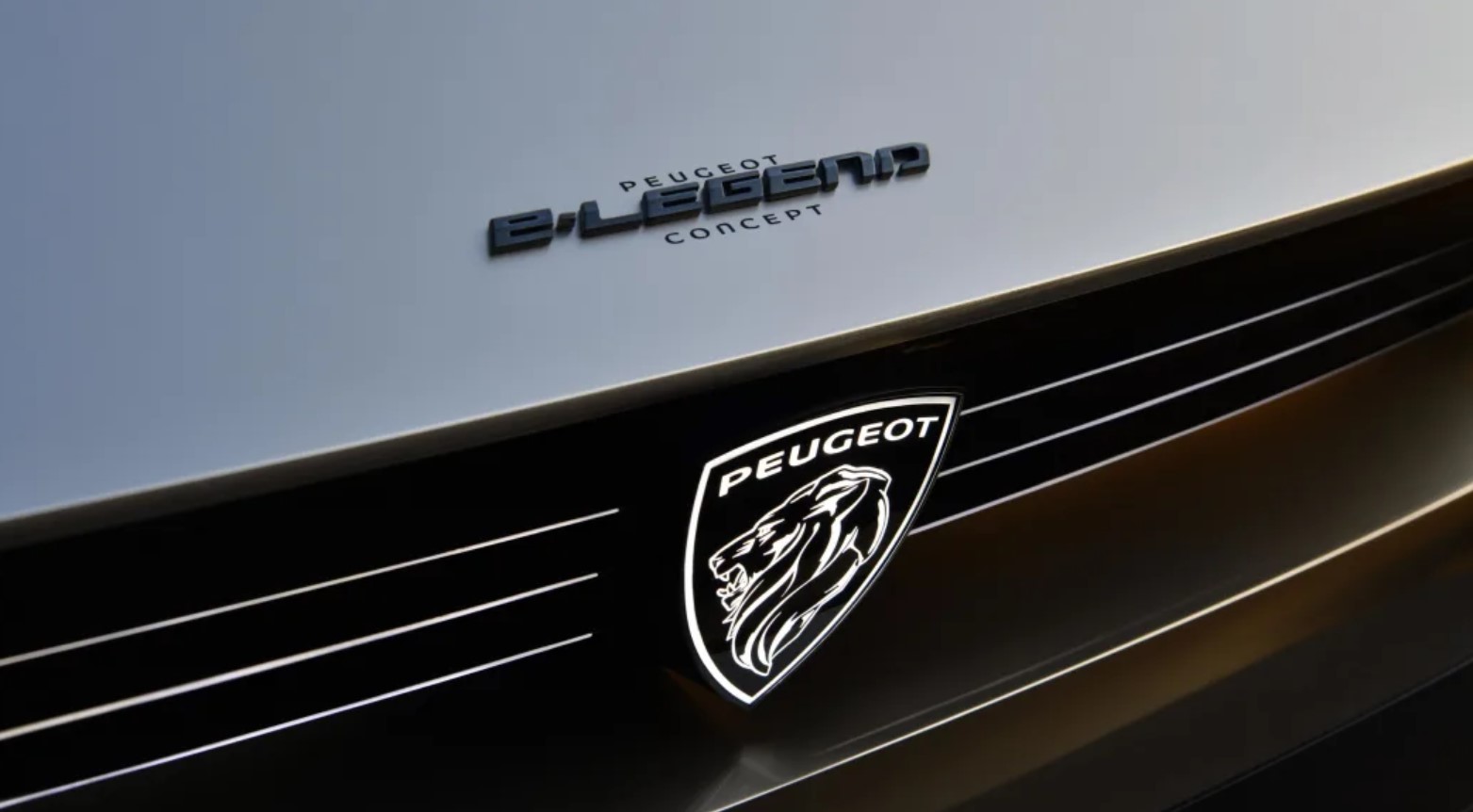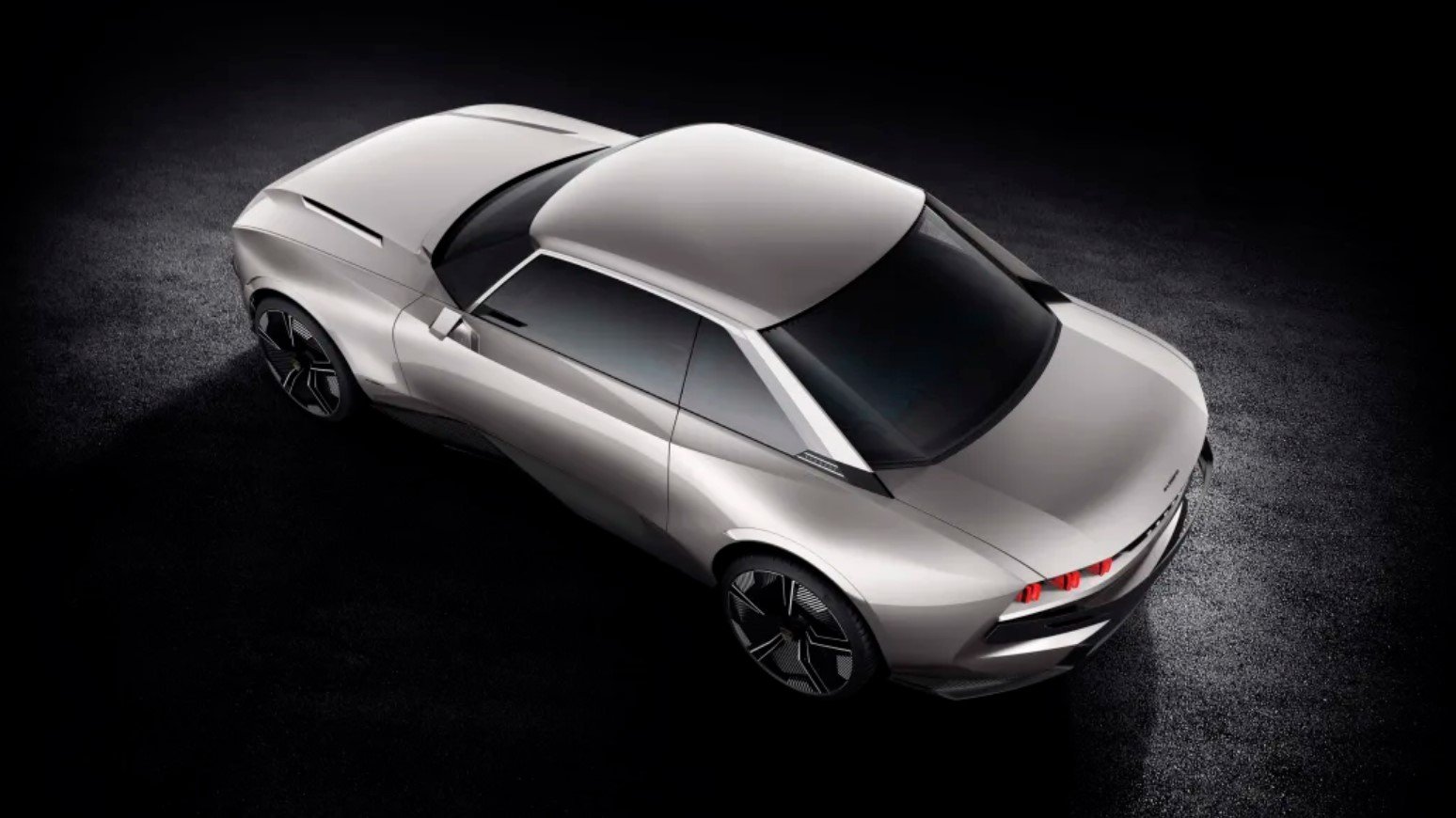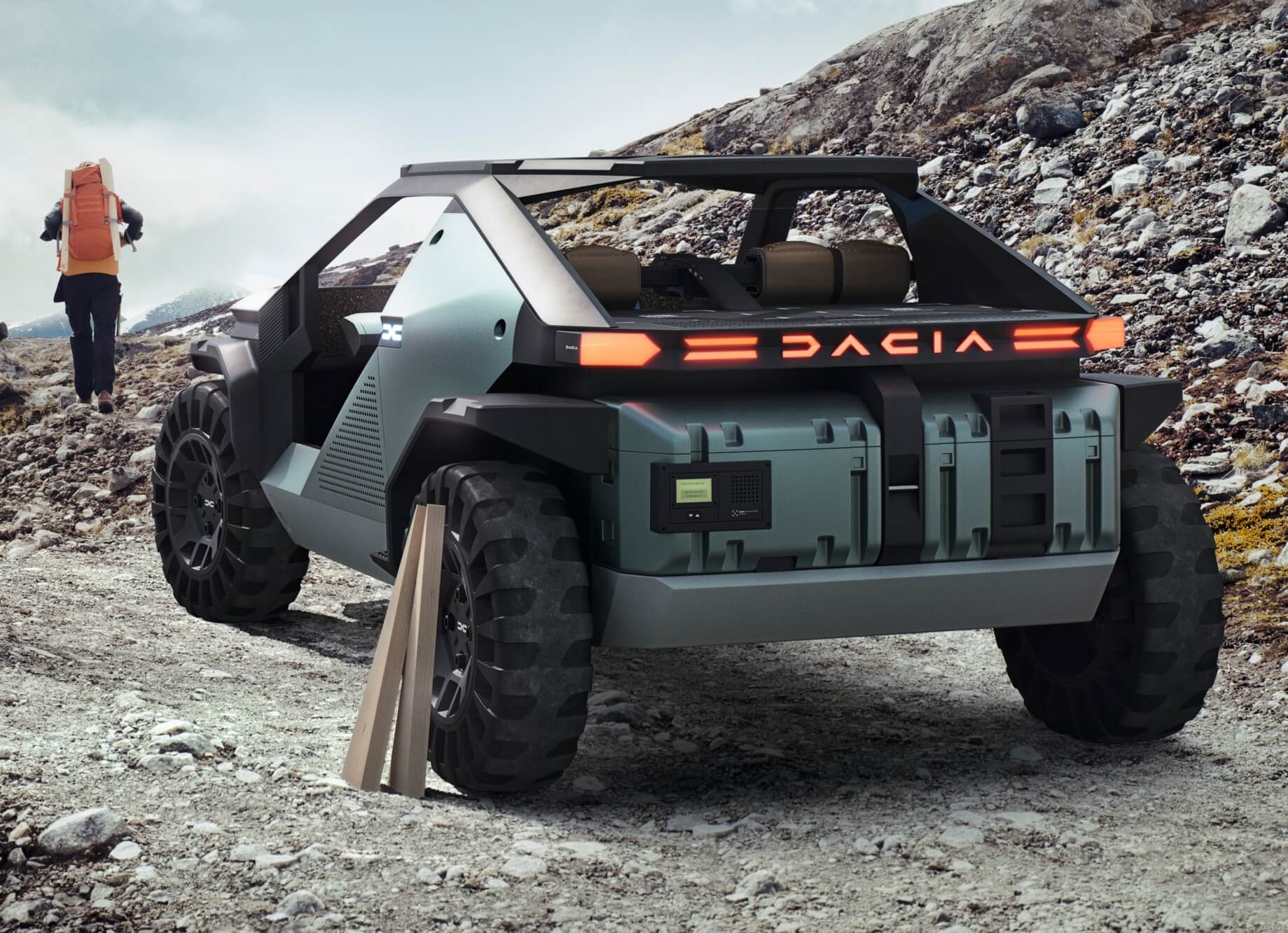Peugeot’s Inception concept car will be shown on January 5 at CES and showcase design inspiration for future pure-electric models.
Peugeot has confirmed it will reveal a new concept car next year that previews the styling of a new generation of electric vehicles. The bespoke electric cars dramatically rethink traditional exterior and interior design cues.
The model will be the latest major concept reveal since Peugeot showcased the E-Legend at the 2018 Paris motor show.
The concept car is called Inception, in reference to a number of features and technologies it will showcase for the first time, it will arrive just before Peugeot gets underway with what CEO Linda Jackson calls the firm’s “electric year” in 2023.
By 2024, Peugeot will offer an electrified version of each of its models, with the final additions to line-up including 3008 and 5008 hybrids – using new-to-Stellantis electric hardware with improved efficiency.
Next year, it will also launch the more powerful e-208 GT supermini, roll out the e-308 hatchback and e-308 SW estate and start selling the 408 crossover with a choice of two plug-in hybrid powertrains.
The Inception will give strong clues to what future electrified Peugeot models – more specifically those designed from the ground up to be pure-electric – will look like, beginning from 2025.
It will, Jackson told reporters, be “more than just a symbolic gesture” and will embody Peugeot’s ambition to “reinvent the automotive experience for more pleasure”.
Peugeot has the opportunity to reinvent three key strains of its customer experience as it gears up for all-out electrification, said Jackson: spacial organisation, driving gestures and the “experiences in and around the car”.
The Inception will show how it plans to achieve this, most notably with a variation on its trademark i-Cockpit interior layout, which “evolves several steps” beyond that featured in the brand’s current cars. It remains unclear how different this will be, but company bosses are keen that future Peugeot models retain the “sensation of driving” and the “allure” that it says are core to its current models.
The Inception won’t necessarily preview a production car but rather will explore a number of themes Peugeot will pursue on next-generation products, rather like Dacia’s off-road-focused Manifesto concept, making its debut in Paris.
“It will project the values of the brand”, said Jackson, stopping short of confirming any further details, beyond that it will be based on Stellantis hardware – presumably the STLA Medium architecture for C-D segment passenger EVs.
Speaking exclusively to Automotive Daily Network partner Autocar in October, Peugeot’s head of design, Matthias Hossann, said that Peugeot wants to “keep the feel of driving sensation” in its next-generation cars and will seek to maintain attractive proportions – while exploring new ways of defining segments.
“This is the beginning of a new story for Peugeot and a great opportunity for us designers, because we’ve announced we will be full-electric by 2030, and that’s a great opportunity for a brand with such a legacy as Peugeot. This is just the beginning of the new story,” Hossann said.
He wouldn’t be drawn on whether bespoke Peugeot EVs will look markedly different from the cars Peugeot sells today but drew attention to a number of defining features of Peugeot models, including the ‘fang’ running lights and i-Cockpit cabin, which will remain important characteristics for the brand.
The Inception will be Peugeot’s first concept since the acclaimed E-Legend of 2018, which took its lead from the brand’s 1960s 504 Coupé in imagining a retro-styled electric coupé for the 2020s.
Felix Page






